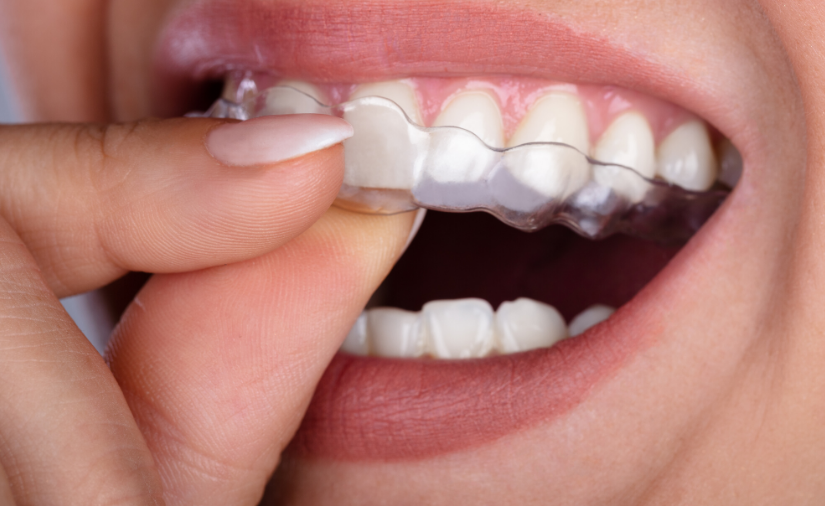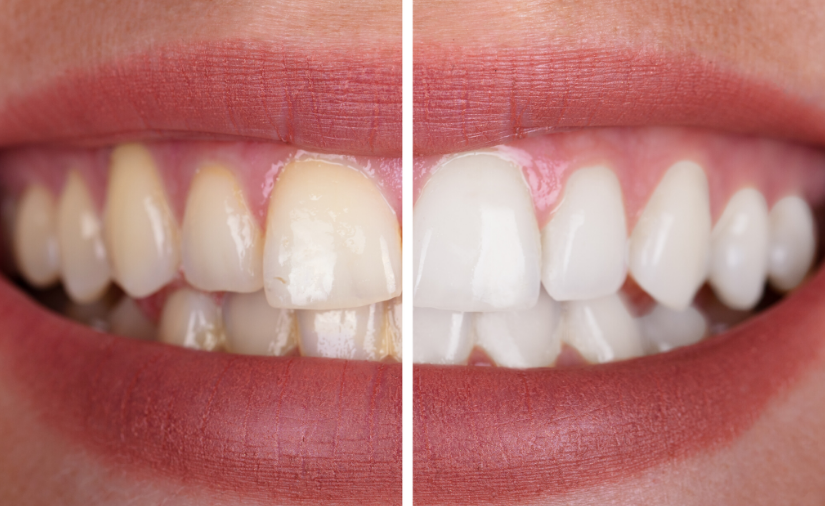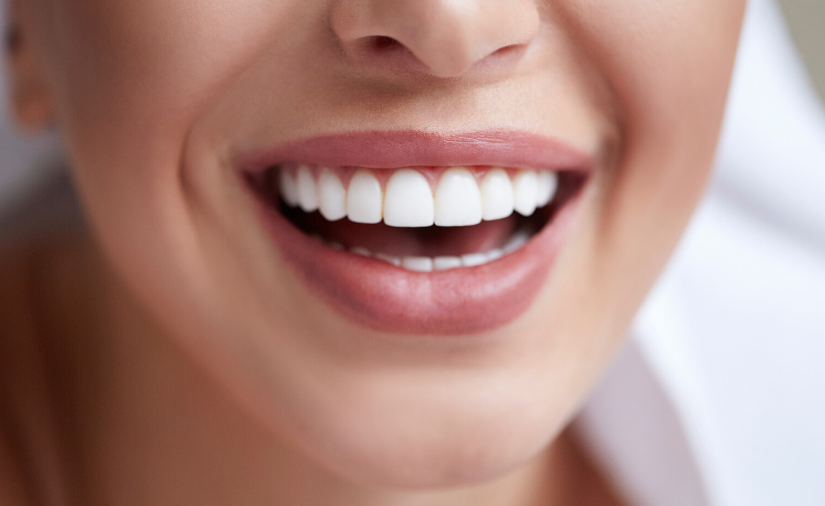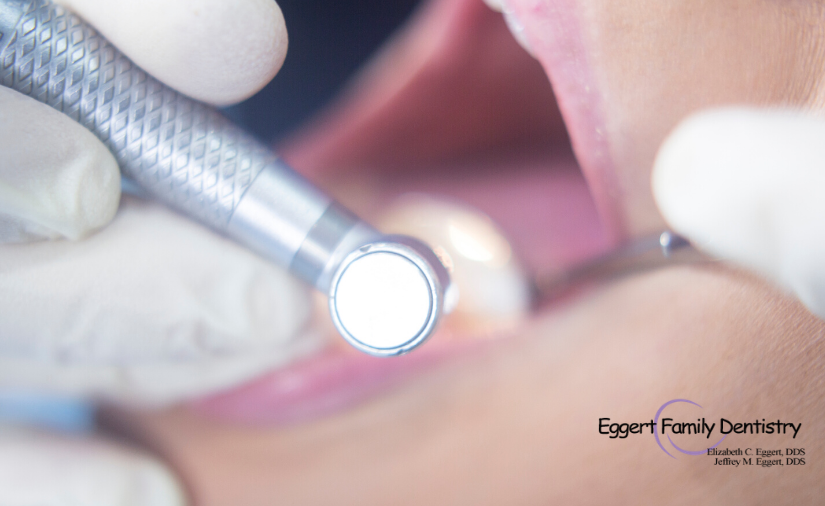The relatively low cost of teeth whitening combined with its track record of proven results makes it a popular choice. In 2018, over 40 million Americans whitened their teeth – either at home or professionally. But are all teeth whitening methods created equal? Let’s explore the facets of both so you can decide which method is right for you!
Over-the-Counter Teeth Whitening
Strips: Because hydrogen-peroxide coated strips can be purchased for under $40, they are a popular go-to for people who are looking for whiter teeth. However, the strips do not provide excellent coverage for the crevices of teeth and the part of the teeth along the gum line and in between the teeth may be missed. Extreme tooth sensitivity is common and they only whiten teeth from two to four shades.
Toothpaste/Mouthwash/Gum: While these are certainly the most affordable option, they are best used in combination with other methods as they only whiten teeth by removing surface stains and typically the results aren’t very noticeable.
Professional Teeth Whitening
At Eggert Family dentistry, we offer KöR Whitening Deep Bleaching, Zoom Whitening, at-home trays with Opalescence bleach, and convenient Opalescence Go!.
KöR Whitening Deep Bleaching: The most reliable and effective bleaching system on the market, KöR restores your teeth’s ability to absorb oxygen and can whiten teeth up to 16 shades! The oxygen from the whitening gel is absorbed deep into the tooth, dissolving stain molecules and changing how the tooth reflects light. Most people experience little or no sensitivity with this treatment.
Zoom Whitening: Zoom Whitening is performed in a single, two-hour appointment and lightens teeth anywhere from 4-10 shades! Professional whitening gel is applied to your teeth and activated by an LED light which helps the gel penetrate into the teeth. Follow-up includes sensitivity management with a special gel and at-home whitening trays.
At Eggert Family Dentistry, we also offer our patients professional, at-home bleaching trays that use carbamide peroxide bleach, a much more stable and higher concentration bleach than what is typically found in OTC hydrogen peroxide options.
Opalescence Go! is similar to some over-the-counter products, but at a higher concentration than most options and comes with a convenient tray and strip application process, helping to better address the nooks and crannies.
Prior to all of our whitening treatments, we will assess the best bleaching system for you during an office visit with Dr. Elizabeth or Dr. Jeff and a thorough professional cleaning with one of our hygienists.
If you’re interested in whitening your teeth and would help choosing the best route for you, Dr. Elizabeth Eggert or Dr. Jeff Eggert would be more than happy to speak with you. They can be reached at 651.482.8412.









 Sleep apnea
Sleep apnea If a patient comes into our office with jaw pain, Dr. Elizabeth or Dr. Jeff evaluate many things, including the patient’s teeth and jaw. Because sinus problems can be a contributing factor to teeth and jaw discomfort, if their examination is inconclusive, Dr. Elizabeth or Dr. Jeff will refer our patient to an ENT for further evaluation.
If a patient comes into our office with jaw pain, Dr. Elizabeth or Dr. Jeff evaluate many things, including the patient’s teeth and jaw. Because sinus problems can be a contributing factor to teeth and jaw discomfort, if their examination is inconclusive, Dr. Elizabeth or Dr. Jeff will refer our patient to an ENT for further evaluation. Another common cause of jaw pain is a disorder of the temporomandibular joint (TMJ). At Eggert Family Dentistry, we most commonly treat
Another common cause of jaw pain is a disorder of the temporomandibular joint (TMJ). At Eggert Family Dentistry, we most commonly treat 
 Medications: Over 400 commonly prescribed medications list “dry mouth” as a possible side effect
Medications: Over 400 commonly prescribed medications list “dry mouth” as a possible side effect Burning sensation in the mouth
Burning sensation in the mouth
